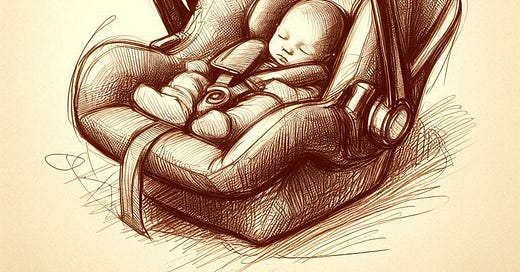Transmission
Translation by Shelby Partlow
Simon,
This is unprecedented.
Synchronicities are rare, but three within a few hours’ time is statistically impossible. Something else is going on here—something we haven’t seen before. I need to examine the data to be certain, but for the moment, I’ve deactivated the automated systems and am monitoring the situati…
Keep reading with a 7-day free trial
Subscribe to The Open Author to keep reading this post and get 7 days of free access to the full post archives.


